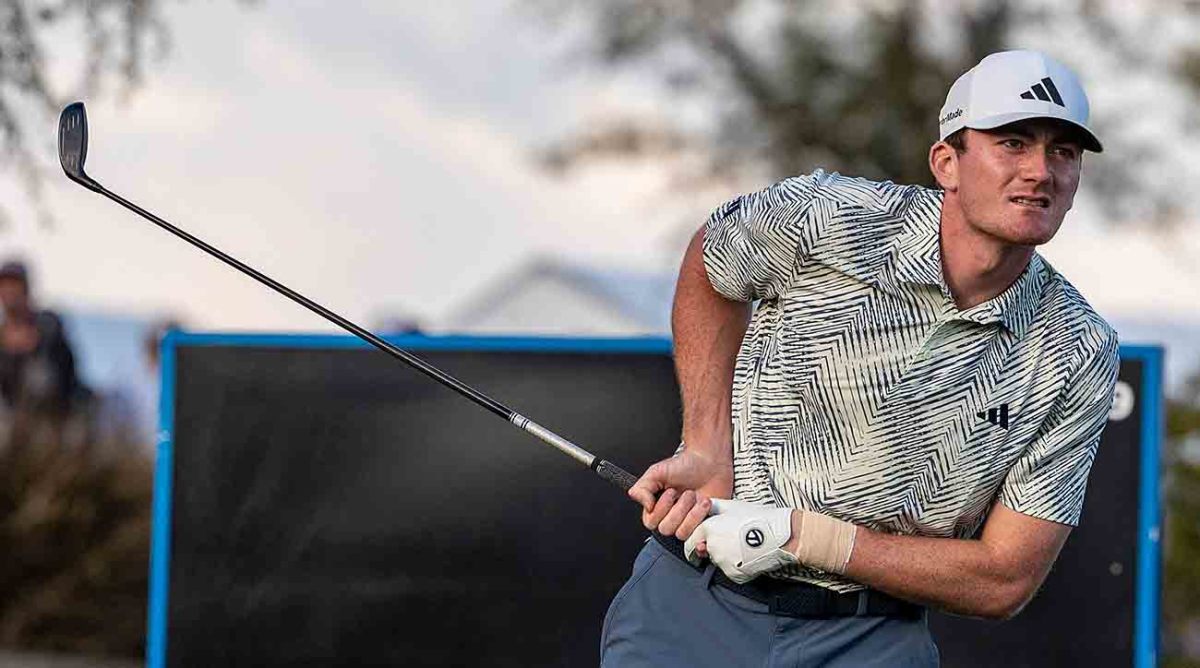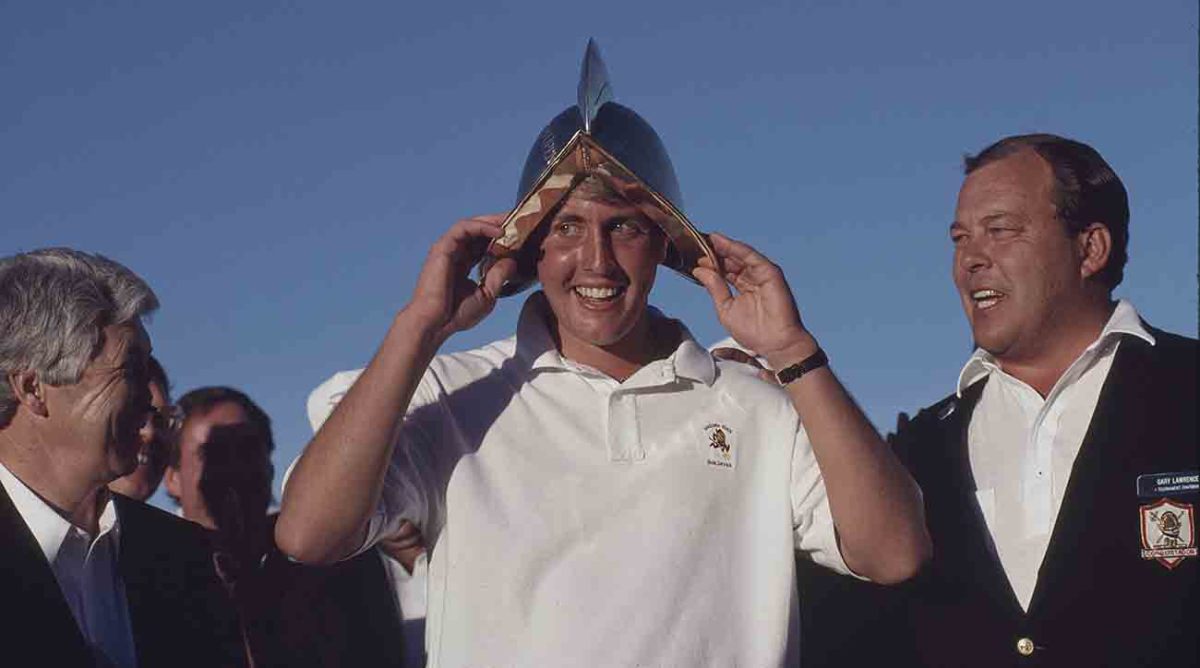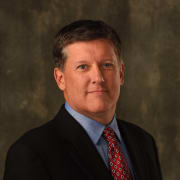From Nick Dunlap to Cary Middlecoff, a Look at Amateur Winners on the PGA Tour

Nick Dunlap's victory at the American Express highlighted a couple of things, namely how good the talent is among young players today and their readiness to be competitive so quickly.
It also is a reminder of how difficult to win as an amateur, with myriad reasons playing into that difficulty, not the least of which is the level of competition they face compared to that in a PGA Tour event.
Dunlap became just the fifth amateur to win on the PGA Tour since 1950 and only the eighth since 1940. The last to do so was Phil Mickelson in 1991.

It is interesting that the list of players who accomplished it all had some level of success as pros—other than Frank Stranahan, who didn’t turn pro until he was in his 30s.
(There have been three amateurs to win on what is now called the DP World Tour: Pablo Martin in 2007, Danny Lee and Shane Lowry in 2009.)
And it harkens back to a time when amateurs ruled the game while pros were disdained. Walter Hagen might have been the first golfer to make being a professional golfer a noble pursuit, famously changing his shoes in front of at Royal Cinque Ports in 1920 at the British Open—because he wasn’t allowed in the clubhouse.
Chick Evans and Bobby Jones are probably the two most famous amateurs to never turn pro but it became increasingly more difficult to be competitive at the highest level without doing it full time—or at least continue to work as club pros to stay close to the game, as the likes of Byron Nelson did for much of his career. Jack Nicklaus, who won two U.S. Amateur titles and an NCAA title, briefly considered remaining an amateur before turning pro in 1962.
No amateur has won a major championship since Johnny Goodman won the U.S. Open in 1933. Because the PGA Championship is for pros only, no amateur has won it. The Masters has never seen an amateur winner, despite its heavy support of the amateur game, especially as it relates to invites in the early years. And the British Open last saw an amateur winner in 1930, when Bobby Jones won the championship for the third time.
Here's a quick look at some of the game’s winners as amateurs on what is the PGA Tour.
Nick Dunlap, 2024 American Express. The sophomore at Alabama received a sponsor’s invitation and was in contention starting Friday. He shot a 60 in the third round to give himself a three-shot lead and hung on by getting up and down for a par on the 18th hole to win by a stroke.

Phil Mickelson, 1991 Northern Telecom Open. Mickelson was already a star in the making, having won two NCAA individual titles and the 1990 U.S. Amateur—at the same Cherry Hills venue where Dunlap won last year. He waited until June 1992 to turn pro, taking advantage of his PGA Tour exemption.
Scott Verplank, 1985 Western Open. A star at Oklahoma State, Verplank won the Western Open at Butler National the summer before his senior year, defeating Jim Thorpe in a playoff. It was the first victory by an amateur in 29 years. He used his PGA Tour exemption the following year, going on to win five times with two Ryder Cup appearances.
Doug Sanders, 1956 Canadian Open. Sanders, who died in 2020, was the only amateur to ever win the Canadian Open, defeating Dow Finsterwald in a playoff. It was the first of his 20 PGA Tour wins in a career that is most remembered for his playoff loss to Jack Nicklaus at the 1970 Open, where he missed a short putt on the 72nd hole that would have won the Claret Jug, then lost in a playoff the next day.
Gene Littler, 1954 San Diego Open. Littler, who died in 2019, is a member of the World Golf Hall of Fame. His victory at the San Diego Open in his hometown event came after serving in the Navy. Later that year, as a pro, he finished second at the U.S. Open. He won the 1961 U.S. Open, his only major title, overtaking Sanders. He went on to win 29 times on the PGA Tour and lost a playoff to Lanny Wadkins at the 1977 PGA Championship.
Frank Stranahan, 1945 Durham War Bond Tournament, 1946 Kansas City Invitational Victory Bond Golf Tournament, 1946 Fort Worth Invitational, 1948 Miami Open. Stranahan was an interesting character who was into weight training well before it became expected. He is credited with more than 70 amateur titles, including two British Amateurs. He was also a runner-up at the 1947 Masters and 1947 Open and well as the 1953 Open, to Ben Hogan. He is also known for his run-ins with Masters chairman Clifford Roberts, who suspended Stranahan for the 1948 tournament for poor behavior, including hitting more than one ball in practice rounds.
Fred Haas, 1945 Memphis Invitational. Haas was the player to break Byron Nelson’s streak of 11 straight victories when he won the 1945 Memphis Invitational, where Nelson finished fourth. He turned pro the next year and was a member of the 1953 U.S. Ryder Cup team. His Memphis victory was one of five on the PGA Tour.
Cary Middlecoff, 1945 North and South Open. Middlecoff was a dentist who never practiced the craft, winning the North and South by five strokes and then turning pro two years later. He went on to an impressive career, winning 39 times on the PGA Tour, which is tied for 10th all-time with Tom Watson. He also won three major championships, the 1949 and 1956 U.S. Opens, as well as the 1955 Masters. He had 15 top-10s in majors.
Other Notable Amateurs
Bobby Jones won seven major titles as an amateur—aside from his six amateur victories that at the time were held in the same esteem. In 1930, he won all four of the day’s majors—the U.S. Open and Amateur as well as the British Open and Amateur. He retired at age 28 and later founded Augusta National and the Masters. His 1930 Open title at Royal Liverpool saw him as the last amateur to win the tournament.
Johnny Goodman won the 1933 U.S. Open at North Shore Country Club and at the time was an insurance salesman. He also won the 1937 U.S. Amateur and supported himself throughout his career, ever turning pro until 1960. His victory by one stroke over Ralph Guldahl at the U.S. Open came after a final-round 76 and a final-hole missed par putt by Guldahl.
Charles “Chick” Evans Jr. was the first player to win the U.S. Amateur and the U.S. Open in the same year, doing so in 1916. He had five other top-10 finishes in majors and is credited with 22 victories, including the 1910 Western Open as well as the Western Amateur eight times. Like Jones, he never turned pro, using earnings that would have threatened his amateur status to start a caddie scholarship program in his name called the Evans Scholarship.
